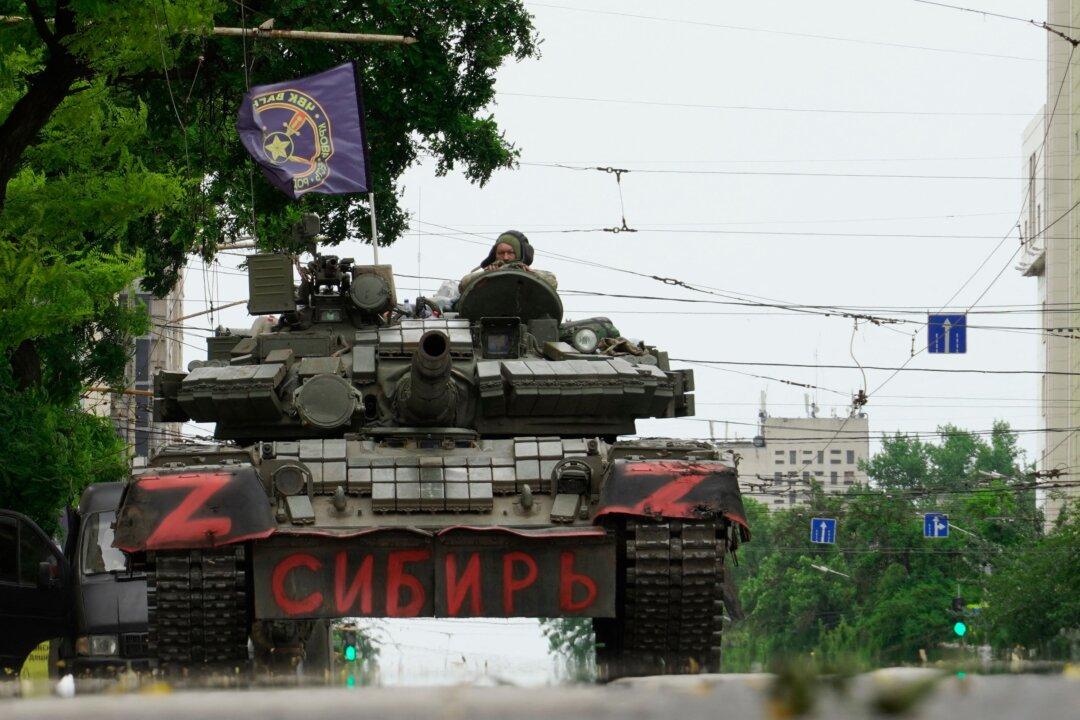Commentary
On June 24, mercenaries from the Wagner Group, the Kremlin’s private military company, abandoned the war in Ukraine and marched into Lipetsk, 225 miles south of Moscow, in an apparent insurrection.

On June 24, mercenaries from the Wagner Group, the Kremlin’s private military company, abandoned the war in Ukraine and marched into Lipetsk, 225 miles south of Moscow, in an apparent insurrection.